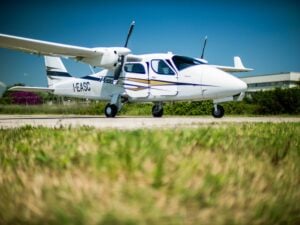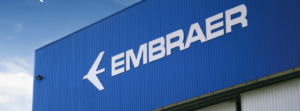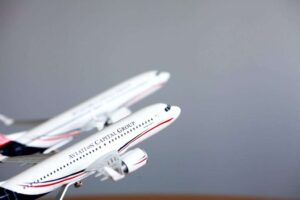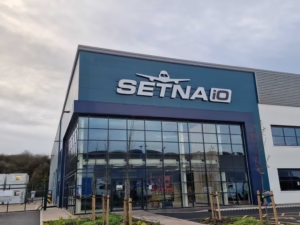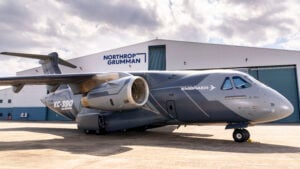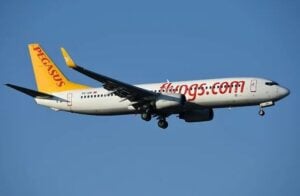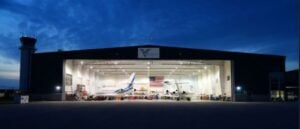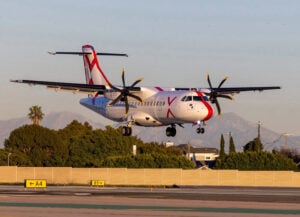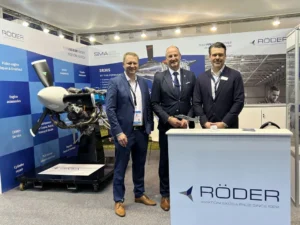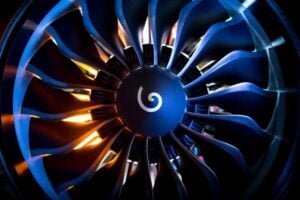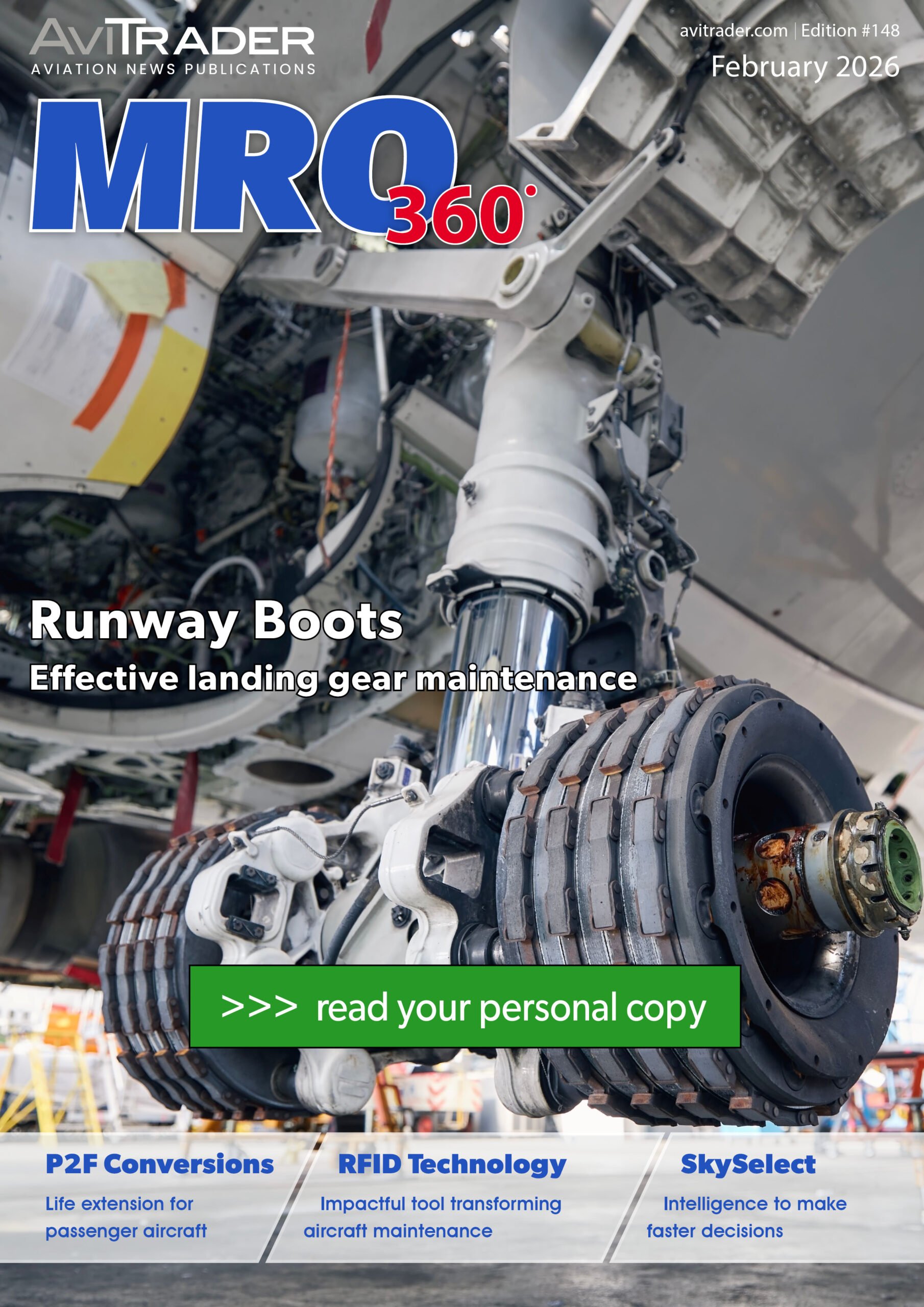Monday February 23, 2026
Tecnam has announced that the Italian flight training organisation Cantor Air has confirmed the acquisition of three new P2006T NG aircraft, with options for additional units in the future. The new twin-engine aircraft will join the academy’s existing fleet ...
Read More »Monday February 23, 2026
Embraer and Hindalco Industries have signed a memorandum of understanding (MoU) to undertake exploratory activities aimed at assessing potential business opportunities in India. The joint initiative will examine prospects in the manufacture of aerospace-grade ...
Read More »Friday February 20, 2026
Aviation Capital Group (ACG) has signed definitive agreements with Avolon Aerospace Leasing (Avolon) to acquire a portfolio of 24 aircraft. The portfolio comprises 18 narrow-body aircraft, including 12 new-technology models, and six wide-body aircraft, all of ...
Read More »Friday February 20, 2026
Magnetic Trading has acquired two Airbus A320-214 aircraft, MSN 1530 and MSN 1540, from Stratton Aviation, supporting the long-term development of its trading and airframe teardown strategy. Both aircraft are currently located at Brunswick Executive Airport in...
Read More »Friday February 20, 2026
SETNA has reached a significant milestone in its international growth strategy, completing the fit-out of its new UK headquarters while simultaneously concluding a refinancing process that strengthens its financial foundation. The dual achievement marks a deci...
Read More »Friday February 20, 2026
AerFin has completed the acquisition of a CF6-80-powered Airbus A330, adding further momentum to its wide-body investment activity and reinforcing its position as a leading player in the global aviation aftermarket. The transaction closed at the end of 2025 an...
Read More »Friday February 20, 2026
American Airlines (American) and CFM International, a 50/50 joint venture between GE Aerospace and Safran Aircraft Engines, have announced that American’s future deliveries of Airbus A321neo aircraft will continue to be powered by CFM LEAP-1A engines. The en...
Read More »Friday February 20, 2026
Embraer and Northrop Grumman are working together to evolve the multi-mission KC-390 Millennium aircraft, providing advanced air-to-air refuelling capabilities for the United States Air Force and allied nations. The two companies are addressing the growing nee...
Read More »Thursday February 19, 2026
Vietnam Airlines has finalised its first Boeing single-aisle order for 50 B737 MAX aircraft. The addition of the B737-8 will support the airline’s domestic and regional growth plans as air travel demand continues to rise across Southeast Asia. Vietnam Airlin...
Read More »Thursday February 19, 2026
As seasonal demand continues to shape fleet deployment across Africa and Europe, Global Airways is reinforcing its role as a flexible capacity provider to leading carriers. In support of this strategy, Investec Corporate (Investec) & Investment Bank has pa...
Read More »Thursday February 19, 2026
Airbus Helicopters has received approval from Transport Canada Civil Aviation (TCCA) for the operation of the H175 helicopter in Canada, paving the way for the aircraft’s entry into the Canadian market. The certification positions the H175 to support a broad...
Read More »Thursday February 19, 2026
Embraer has delivered the first two A-29 Super Tucano aircraft to the Uruguayan Air Force (FAU). The delivery forms part of a programme to renew the fleet and strengthen FAU’s operational capabilities, including airspace surveillance and border protection. T...
Read More »Thursday February 19, 2026
Crestone Air Partners (Crestone) has completed pre-delivery payment (PDP) financing, followed by a sale-and-leaseback transaction, for four CFM LEAP-1B engines with Arajet. The investment marks Crestone’s first PDP financing deal and its first transaction in...
Read More »Thursday February 19, 2026
Daher has renewed and expanded its contract with Airbus Atlantic for the logistics management of the West Hub in Montoir-de-Bretagne. This five-year partnership (2026–2031) presents a significant operational challenge: supporting an industrial ramp-up that w...
Read More »Wednesday February 18, 2026
Boeing and the Kazakh flag carrier Air Astana have finalised an order for up to 15 787 Dreamliner aircraft as the airlines seeks to expand and modernise its Boeing wide-body fleet. The additional 787-9s will support the airline’s network growth and help furt...
Read More »Wednesday February 18, 2026
Pegasus Airlines has expanded its technical maintenance capacity and capabilities with the opening of a new aircraft maintenance centre at Istanbul Sabiha Gökçen Airport. Built around digitalisation, efficiency and sustainability, the new hangars will enable...
Read More »Wednesday February 18, 2026
Bombardier has announced the acquisition of Velocity Maintenance Solutions (VMS), a provider of maintenance, repair and overhaul (MRO) services, headquartered in New Castle, Delaware. Completed through Bombardier’s US subsidiary, Learjet, the strategic trans...
Read More »Wednesday February 18, 2026
TrueNoord has successful delivered two ATR 42-600 aircraft to JSX, the US public charter carrier. The first aircraft was delivered in November, with the second following in January, and both turboprops are now in service. “This is an important milestone not ...
Read More »Wednesday February 18, 2026
Röder Präzision (Röder) has been selected to manufacture a wide range of composite components for the Do228 NXT as part of General Atomics AeroTec Systems’ (GA-ATS) series production programme. With a strong focus on European suppliers to ensure high qual...
Read More »Wednesday February 18, 2026
Air France Industries KLM Engineering & Maintenance (AFI KLM E&M) has received its first LEAP-1B spare engine in Amsterdam, marking a key milestone in its recently signed agreement to purchase up to 10 CFM International LEAP-1A and LEAP-1B engines. Thi...
Read More »


